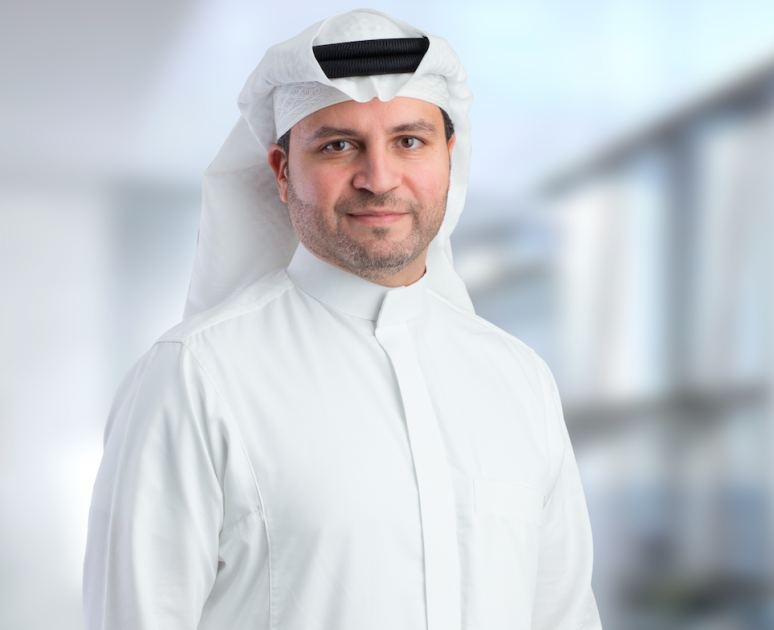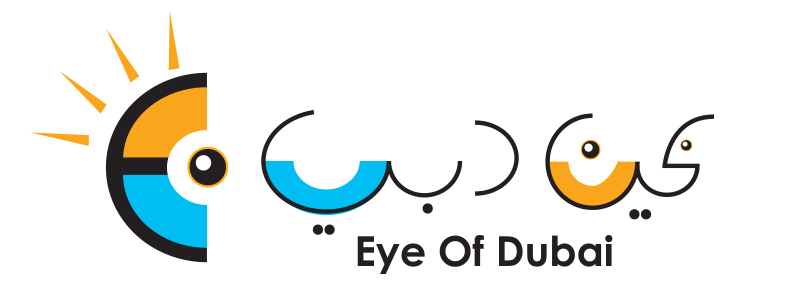
Sustainability in Saudi Arabia: Now or Never
As Saudi Arabia witnesses one of its toughest economic challenges in recent history, the government has launched both Vision 2030 and the National Transformation Plan 2020 to aid in shaping a new, more diversified, robust and sustainable economy. The vision has mainly been fueled by the recent drop in oil prices which historically uplifted the Saudi economy over the past 8 decades reaching record highs of $145 a barrel in 2008. Now with a 52-week low of $28 per barrel, Saudi Arabia is left with the question ‘how can we sustain our economy when over 90% of revenues depend on a depleting resource that’s also dropping in price?’
The very definition of sustainable development is to meet the needs of today without compromising the needs of future generations. As the Saudi government starts to take noticeable and transformational actions, a lot of companies in the private sector faced with the same predicament, are asking the same question, ‘how can we be sustainable?’ Now is the opportune time to tackle this question head on and address the main dimensions of sustainability that include social and environmental sustainability, in addition to the common question of economic sustainability. It is no longer possible for companies to simply meet the needs of today and wish the best for the future. A proactive approach towards the fundamentals of economic, social and environmental sustainability means companies today have to address key issues such as addressing a locally competitive workforce, empowered local suppliers, responsible environmental practices, solid corporate governance and new and improved solutions for social development. The sustainability question for companies is not a single department or team responsibility, but that of the entire organization. The very livelihood of companies in Saudi Arabia depends on a collective approach from the leader to all departments. Addressing competitive workforce means looking at workforce development, health and safety and equal opportunity. Social development requires strategic community investments that are measurable and impactful. Empowering local suppliers means having a responsible supply chain management system that supports local suppliers. Solid governance means that there is a commitment to best practices in governance and solid commitment to adhering to them. Lastly, responsible environment commitment means that there is a clear policy towards resource usage and conservation, and an approach to reuse, reduce and recycle.
Just as the government took a positive approach in 2016 towards crafting a sustainable vision for the future of the domestic economy that involves a coming together of ministries, now is the time for companies and their leadership to rally their teams and departments towards a holistic and sustainable development for their future.





























